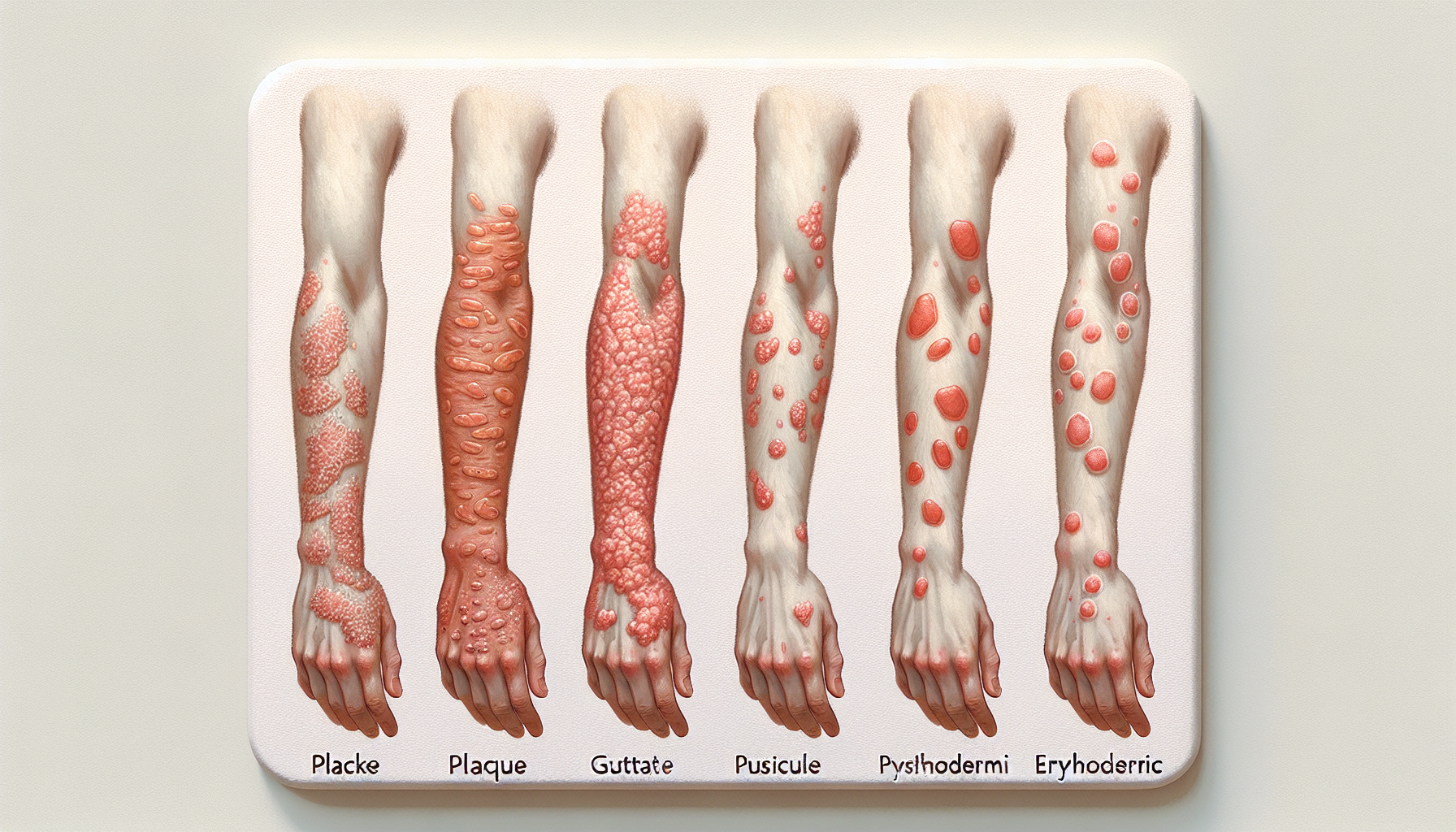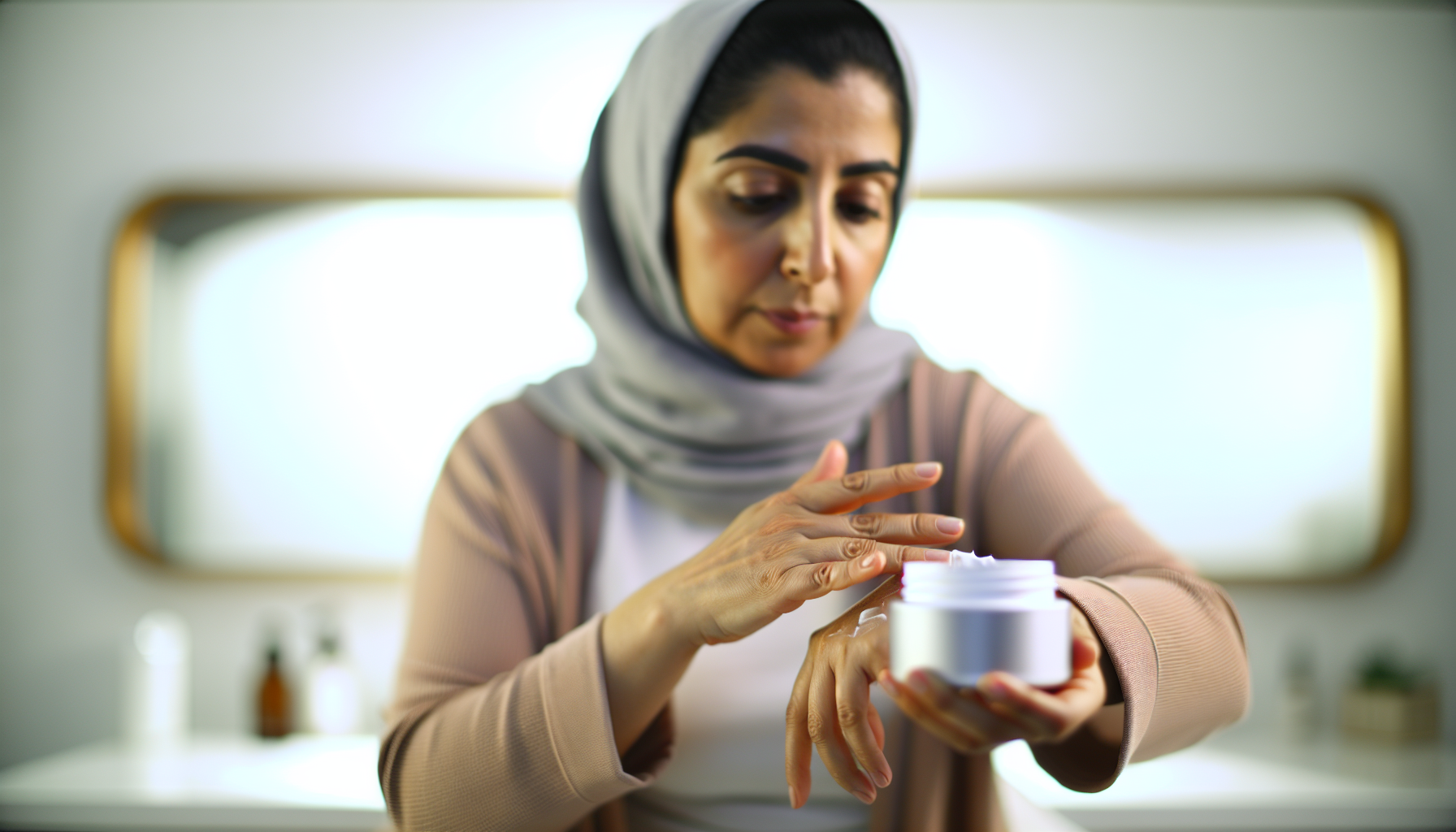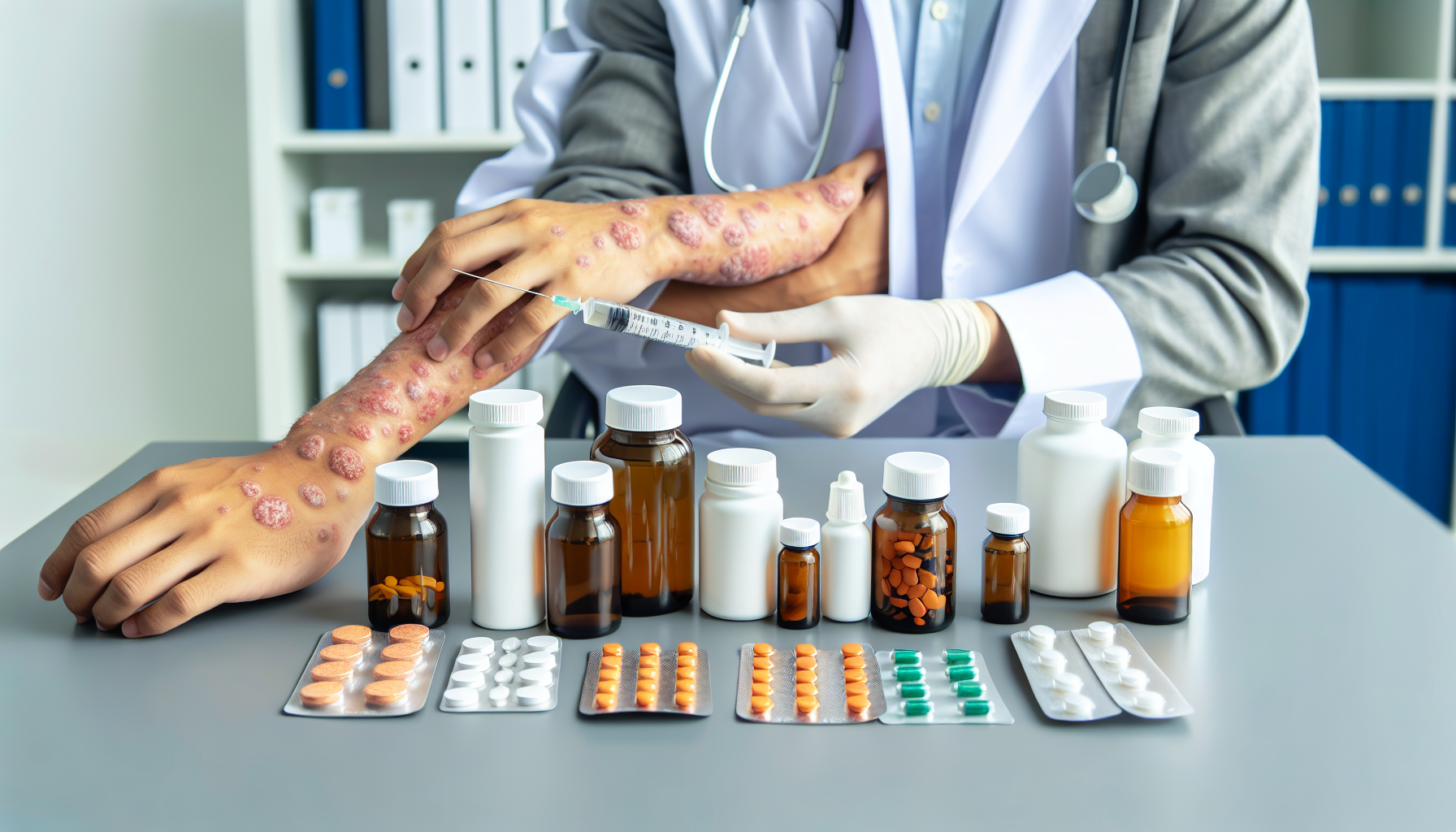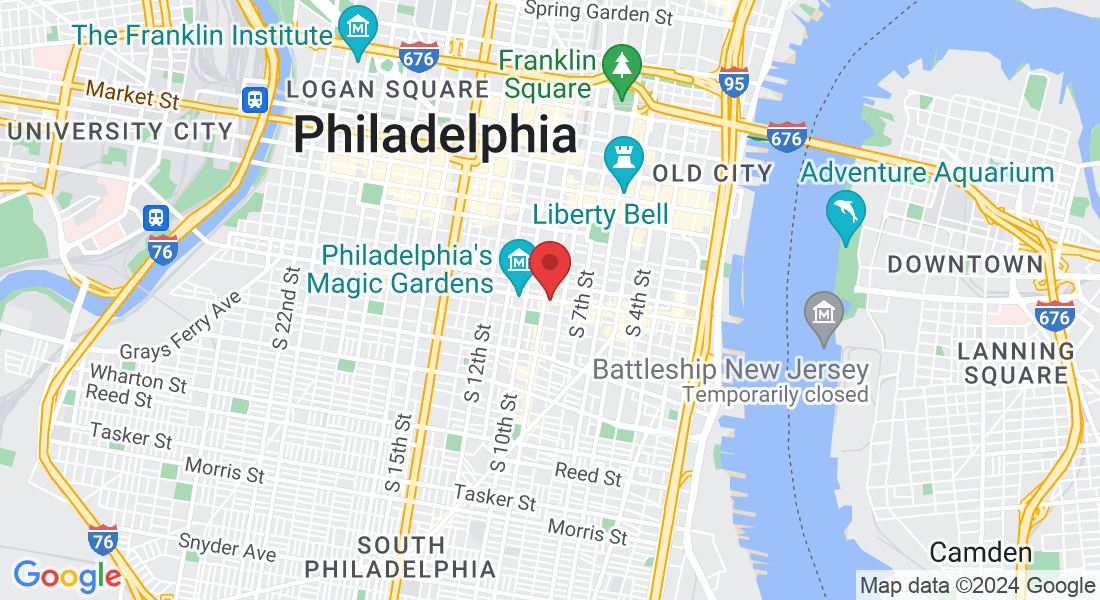Clear Skin With UVb Light Therapy
We treat autoimmune skin conditions and Vitamin D Deficiency with narrowband UVb Light Therapy.
Located in South Philadelphia.
Suffering from a condition like psoriasis, eczema, and vitiligo can feel isolating and overwhelming.
Maybe you avoid wearing short sleeves or shorts in public due to self-consciousness about visible psoriasis patches.
Perhaps you steer clear of swimming pools or beaches to avoid drawing attention to affected skin.
Do you decline invitations to social gatherings or events where skin exposure is expected, fearing judgment or stares.
Maybe it's difficult for you to have intimate relationships or physical contact for fear of rejection or discomfort caused by skin conditions.
Do you find reasons to opt out of activities like sports or exercise classes where skin may become irritated or aggravated, exacerbating psoriasis symptoms.
UV Light Philly offers innovative narrowband UVb light therapy, providing relief and confidence to individuals affected by various skin conditions like psoriasis, eczema and vitiligo, as well as Vitamin D deficiency.
Psoriasis & Eczema
UV light therapy offers effective treatment for psoriasis and eczema, targeting affected areas with controlled exposure to ultraviolet light to reduce inflammation and promote skin healing.
Vitamin D Deficiency
Vitamin D deficiency leads to muscle pain, weak bones, fatigue, weight gain, difficulty sleeping, dizziness, irregular heart beat, poor wound healing, recurring infections and cognitive issues.
Vitiligo
UV light treatment for vitiligo involves exposing the affected skin to ultraviolet light, which stimulates melanocyte activity, leading to repigmentation of depigmented patches and improving the appearance of the skin.
List of Conditions
Dermatitis, Pruritus, Lichen Planus, Pityriasis Rosea, Cutaneous T-cell Lymphoma, Mycosis Fungoides, Granuloma Annulare, Graft-Versus-Host Disease (GVHD), Atopic Dermatitis and more
Why Narrowband UVb Light Therapy?
UV Light Therapy is ideal due to its non-invasive nature, effectiveness in treating various skin conditions, and minimal side effects compared to other treatment options, offering a safe and reliable solution for improved skin health and quality of life.
UV Light Therapy avoids the mess with creams and the untoward side effects of biologics. On average UV Light Therapy is faster and less expensive than other treatment options.
UV Light Therapy is ideal for chronic Vitamin D deficiency that doesn't respond to supplementation.
Plus we have options for you to continue treatment therapy at home.
Why Come To UV Light Philly?
UV Light Philly makes treatment easy and accessible.
UV Light Therapy is a time commitment requiring treatment 2-3x per week.
You shouldn't have to spend more time looking for parking
and waiting for your appointment to start than the actual treatment.

Advanced Equipment
Top of the line and most advanced photo light booth on the market.

Self Scheduling
Schedule yourself to get the dates and times you want up to one month in advance.

Extended Hours
We are open Monday through Friday with weekend hours for your convenience.

Free Parking
We have free parking in our lot at our facility, so you can be in and out as quickly as possible

Referrals Not Required
You do not need a referral to use our light booth, simply start with a consultation with our team.

Insurance Accepted
HSA/FSA funds accepted. Membership plan available.
Medicare and Medicaid
Aetna, Highmark, Tricare, IBX, Health Partners, UHC, Humana, more available upon request
About UV Light Philly

Catie Harris
Nurse Practitioner
Catie is a board certified nurse practitioner with more than 20 years of experience.
Our mission at UV Light Philly is to help you look good and feel good in your skin.
Blog Posts

Top Rated Best Psoriasis Treatment Options: Find Your Relief
Top Rated Best Psoriasis Treatment Options: Find Your Relief
Struggling with the itch and discomfort of psoriasis? You’re not alone, and relief is within reach. Discover the best psoriasis treatment options tailored to the severity and type of your psoriasis. In this guide, we’ll help you navigate through topical solutions, light therapies, systemic treatments, and natural remedies to find effective relief and regain control over your skin’s health.
Key Takeaways
Psoriasis is a chronic autoimmune skin disorder with various types that require different treatment approaches, including plaque, guttate, inverse, pustular, and erythrodermic psoriasis.
Treatment options vary based on severity and include topical treatments (steroid creams/ointments, moisturizers, and salicylic acid), light therapy (UVB phototherapy, PUVA, Excimer Laser), systemic treatments (non-biological and biological drugs), alternative remedies (Aloe Vera, apple cider vinegar, turmeric), and lifestyle adaptions.
Effective psoriasis management involves personalized treatment plans with a healthcare provider, which may encompass medications, light or systemic therapies, natural remedies, dietary adjustments, and self-care routines tailored to the individual’s specific type of psoriasis and symptom severity.

Psoriasis is a chronic skin disorder, characterized by erythematous papules and plaques covered with a silver scale. While it may not sound serious, the reality is entirely different. Psoriasis is more than just a skin condition - it’s an autoimmune disorder that affects the way your skin cells grow and multiply, leading to the characteristic patches of red, scaly skin.
There are several types of psoriasis, each with its unique characteristics and treatment approaches. These include:
Plaque psoriasis
Guttate psoriasis
Inverse psoriasis
Pustular psoriasis
Erythrodermic psoriasis
We will examine each type in detail to better comprehend their unique traits and their impact on treatment selection.
Plaque Psoriasis
Plaque psoriasis is the most common type, affecting up to 90% of people with psoriasis. It is characterized by raised, red patches covered with a silvery scale, commonly found on the knees, elbows, and scalp. Scalp psoriasis, in particular, can be quite bothersome for those affected by it.
Identifying severe plaque psoriasis often requires a dermatologist to perform a physical examination and spot characteristic signs on the skin, nails, and scalp. Sometimes, confirming the type of psoriasis might necessitate a biopsy of a small skin sample.
Guttate Psoriasis
Guttate psoriasis is a less common type, characterized by small, circular, or oval red spots that often affect the face, chest, and nearby extremities. It is frequently triggered by a bacterial infection, particularly associated with streptococcus (strep throat) infection.
Usually, identifying guttate psoriasis entails a physical examination. Dermoscopy or a skin biopsy could be considered for additional confirmation if required.
Inverse Psoriasis
Inverse psoriasis is characterized by:
Smooth, shiny, red lesions
Commonly found under the breasts and around the groin
These areas may have a purple-ish, brown, or darker color in body folds.
This type of psoriasis is triggered by various factors that affect the skin folds immune system, resulting in inflammation and accelerated skin cell growth. These triggers encompass:
specific medications
alterations in medication regimens
smoking
obesity
infections
alcohol consumption
stress
vitamin D deficiency
skin irritation
Pustular Psoriasis
Pustular psoriasis is a severe variant of psoriasis that presents with widespread pustules on a reddened background. It’s defined by the existence of white, pus-filled, and painful bumps that may be accompanied by inflamed or discolored skin.
Identifying pustular psoriasis requires the following steps in the diagnosis process:
Complete blood count to detect signs of inflammation and irregularities in white blood cells.
Thorough medical history.
Physician-conducted physical examination.
Erythrodermic Psoriasis
Erythrodermic psoriasis is the most severe of all types and is characterized by:
Widespread redness
Potential extensive red, itchy, scaly skin plaques that may exfoliate
Disruption of the body’s typical temperature and fluid equilibrium
Potential life-threatening dangers
Triggers of erythrodermic psoriasis encompass various factors such as:
Abruptly stopping psoriasis treatments
Overusing medications
Allergic reactions to medication
Sunburn
Skin trauma
Emotional stress
Alcoholism
Systemic illness
Drug and chemical exposure
Topical Treatments for Psoriasis Relief

Topical treatments are typically the initial approach for managing mild psoriasis and even mild to moderate psoriasis. They are considered the first line of defense in these cases. However, to treat severe psoriasis, a different approach might be necessary. These are usually applied directly to the skin and include steroid creams or ointments, emollients and moisturizers, and salicylic acid.
Topical treatments function by diminishing inflammation, slowing down the production of skin cells, and alleviating itching. The potency of these and other topical treatments varies from mild to very strong. Stronger topical treatments should be used only on limited skin areas or on particularly thick patches, and they should be prescribed by a medical professional. It is essential to choose the right topical treatment for your specific needs.
Steroid Creams and Ointments
Steroid creams and ointments alleviate psoriasis symptoms by suppressing inflammation in the skin. However, they come with potential side effects and should be used cautiously, especially on sensitive areas such as the face or genitals, as they may cause skin burning or thinning.
These powerful treatments should be used under the guidance of a healthcare provider to avoid potential complications. Steroid creams and ointments can provide significant relief for those living with psoriasis, helping to reduce the inflammation and itching associated with this condition.
Emollients and Moisturizers
Emollients and moisturizers are fundamental in the management of psoriasis symptoms. They help soothe the skin, reduce itching, and minimize scaling. For optimal results in treating psoriasis with emollients and moisturizers, it’s recommended to first moisturize the skin, then apply a topical steroid directly to the plaque or inflamed skin after a half-hour.
After bathing, it’s essential to dry the skin gently and swiftly apply more concentrated creams, ointments, or oils to retain skin moisture and boost the potency of emollients and moisturizers.
Salicylic Acid
Salicylic acid is known for its ability to remove scales and soften the skin, which in turn enhances the effectiveness of other treatments for psoriasis. It functions as a keratolytic agent, disrupting the binding between keratinocytes and softening the stratum corneum.
A range of salicylic acid products, including over-the-counter creams and lotions like MG217® Sal-Acid Multi-Symptom Moisturizing Cream, are recommended for the treatment of psoriasis. Applying a cream containing aloe vera to the affected area multiple times a day is suggested for optimal results.
Light Therapy Solutions

Light therapy, also referred to as phototherapy, is the utilization of natural or artificial ultraviolet (UV) rays to regulate the growth of skin cells and suppress the immune system. This process reduces inflammation, facilitates skin healing, and alleviates itching, making light therapy a primary treatment for moderate to mild to moderate to severe psoriasis.
Light therapy can be employed independently or in conjunction with medications. It includes UVB phototherapy, Psoralen Plus Ultraviolet A (PUVA) therapy, and Excimer laser therapy. Each light therapy type possesses its distinct features and advantages, which we will explore in the subsequent sections.
Ultraviolet B (UVB) Phototherapy
UVB phototherapy involves the use of a specific wavelength of light that is not visible to the human eye in order to inhibit the overproduction of skin cells. This targeted therapy is designed to affect the affected skin cells while minimizing impact on the surrounding healthy skin and reducing the risk of skin cancer.
UVB phototherapy for psoriasis involves:
Exposing the skin to an artificial UVB light source for a set period
This treatment is conducted under medical supervision
Multiple sessions are required to achieve the desired therapeutic result.
Psoralen Plus Ultraviolet A (PUVA) Therapy
Psoralen Plus Ultraviolet A (PUVA) therapy is a treatment for psoriasis that utilizes the administration of psoralens to increase the skin’s sensitivity to UVA light, combined with exposure to UVA radiation. This treatment has demonstrated effectiveness in clearing psoriasis in the majority of patients.
However, as with any treatment, PUVA therapy can come with potential side effects. These may include:
Burning
Itching
Nausea
Potential for eye damage
Premature skin aging
Headaches
Dizziness
Skin burns
Blistering
Redness
Stinging sensation
It’s crucial to be aware of these possibilities and to discuss them with your healthcare provider.
Excimer Laser Therapy
Excimer Laser Therapy for psoriasis works by utilizing UVB light to trigger apoptosis and DNA breakage, thereby reducing exposure to healthy skin. This targeted treatment approach has demonstrated efficacy rates of up to 84% in the treatment of psoriasis.
Results of Excimer Laser Therapy for psoriasis are usually observable after 4 to 10 sessions, and sessions are generally conducted twice per week. This therapy has shown to be an effective treatment option for many individuals living with psoriasis.
Systemic Treatments for Severe Psoriasis

Systemic treatments are potent prescription drugs that have a widespread effect on the body whole immune system and are employed in cases of severe psoriasis. These encompass non-biological options like methotrexate and biological treatments, including injectable drugs that specifically target areas of the immune system.
While systemic treatments can offer significant relief, they also come with potential side effects and should be used under the guidance of a healthcare provider. The choice of therapy should be matched to the severity of the disease, considering options like:
Topical medications
Systemic medications
Phototherapy
Climatotherapy
Non-Biological Systemic Treatments
Non-biological systemic treatments, including methotrexate and cyclosporine, function by inhibiting skin cell proliferation and mitigating inflammation in the management of psoriasis. They are typically reserved for severe cases that do not respond to other therapies.
While these treatments can be highly effective, they come with potential side effects. For instance, methotrexate can cause nausea, impact on blood cell production, and potential long-term liver damage. It is therefore crucial to use these treatments under the guidance of a healthcare provider and to regularly monitor for potential side effects.
Biological Systemic Treatments
Biological systemic treatments for psoriasis encompass medications such as:
Adalimumab (Humira)
Brodalumab (Siliq)
Certolizumab (Cimzia)
Etanercept (Enbrel)
Guselkumab (Tremfya)
Infliximab (Remicade)
Ixekizumab
These treatments function by specifically targeting hyperactive immune cells to mitigate inflammation.
These treatments have shown significant effectiveness in managing psoriasis, with many patients experiencing improved skin clarity within a few weeks. However, they are associated with potential adverse effects, such as:
an elevated risk for inflammatory bowel disease
cancer
infections
suppression of the immune system
Natural and Alternative Remedies

For those preferring a more natural method to manage their psoriasis, numerous alternative therapies are at their disposal. These encompass:
Specialized diets
Vitamin supplementation
Acupuncture
The application of herbal products to the skin
While these remedies can provide relief from psoriasis symptoms, it’s important to remember that their effectiveness may vary from person to person. Always consult with your healthcare provider before starting any new treatment regimen to treat psoriasis.
Aloe Vera
Aloe vera gel is known for its ability to diminish redness and scaling when applied topically to plaque psoriasis. It works due to its immunomodulatory, anti-inflammatory, antifungal, antioxidant, and anti-tumor properties.
To address psoriasis with Aloe Vera gel, it is recommended to extract the gel directly from the plant and apply it to the affected skin patches. Alternatively, it is advisable to purchase pure aloe vera gel without added chemicals to prevent potential irritation.
Apple Cider Vinegar
Apple cider vinegar offers relief from psoriasis symptoms by primarily alleviating itching or irritation and reducing inflammation. However, it should be avoided on cracked or bleeding skin due to its potential to cause further irritation and a burning sensation.
The National Psoriasis Foundation recommends the use of apple cider vinegar for psoriasis treatment, citing its antiseptic properties and the presence of acetic acid, which may aid in reducing inflammation.
Turmeric
Turmeric contains curcumin, which is known for its anti-inflammatory properties. These properties may aid in reducing inflammation and treating conditions associated with pain and swelling, making it beneficial in managing psoriasis.
Individuals considering turmeric supplements for psoriasis are advised to take a recommended dosage ranging from 500–2,000 mg per day. However, it is crucial to seek guidance from a healthcare professional for a specific recommendation.
Lifestyle Changes and Self-Care Tips
Living with psoriasis involves more than just taking medications or undergoing treatments. It also requires adopting certain lifestyle changes and self-care habits that can significantly improve the management of the disease.
Incorporating a diet abundant in fruits, vegetables, and whole grains can potentially aid in symptom reduction and alleviating inflammation linked to psoriasis. Additionally, regular activities like swimming, cycling, and yoga can help alleviate psoriatic arthritis pain and reduce the risk of new psoriasis cases.
Stress Management Techniques
Stress often triggers psoriasis flares. Consequently, stress management can be an integral component of your psoriasis treatment strategy. Meditation and deep breathing exercises can aid in managing psoriasis symptoms by mitigating stress and inflammation, eliciting the body’s relaxation response, which may enhance skin severity and overall quality of life.
Integrating these stress management methods into your everyday routine can significantly aid in managing your psoriasis symptoms and enhancing your overall quality of life.
Diet and Nutrition
Diet has a pivotal role in controlling psoriasis. Incorporating inflammation-fighting foods into your diet can significantly aid in managing psoriasis, just as avoiding foods that can incite inflammation is equally crucial.
In addition to a balanced diet, certain vitamins and minerals may also help in managing psoriasis. Here are some vitamins and minerals that can aid in psoriasis management:
Fish Oil
Vitamin D
Folic Acid
Selenium
Shark Cartilage
Vitamin A
Vitamin B
Vitamin E
Vitamin C
These can enhance skin health and decrease inflammation.
Skin Care Routine
Establishing a regular skincare routine can aid in psoriasis management. This routine should include daily moisturizing to keep the skin hydrated, assist in the loosening of scales, and relieve itchiness and dryness.
Using the right skin cleanser is also essential. Suitable cleansers include body washes with salicylic acid, face washes, anti-dandruff shampoos, and gentle, non-detergent cleansers.
Finding the Right Treatment Plan
Establishing the right treatment plan for psoriasis goes beyond merely selecting a medication. It entails close collaboration with a healthcare provider to identify the most efficient combination of therapies tailored to your specific requirements.
After all, every individual’s experience with psoriasis is unique, and what works for one person may not work for another. Therefore, regular review and potentially adjustment of the treatment plan, typically every six months, is necessary to ensure its continued effectiveness as the condition evolves over time.
Psoriatic Arthritis Management
Psoriatic arthritis is a painful and debilitating condition that commonly affects individuals with psoriasis. It is characterized by joint pain, stiffness, and swelling, making everyday tasks difficult and painful.
Managing psoriatic arthritis involves a combination of medications, physical therapy, and lifestyle changes to reduce inflammation, improve joint function, and maintain overall health. Regular exercise, a balanced diet, and stress management techniques can all play a crucial role in managing the symptoms of this condition.
Summary
In conclusion, understanding the different types of psoriasis and the various treatment options available is the first step towards effectively managing this chronic condition. From topical treatments and light therapies to systemic medications and natural remedies, there are a multitude of options available to help manage psoriasis symptoms.
It’s important to remember that every individual’s experience with psoriasis is unique, and what works for one person may not work for another. Therefore, working closely with a healthcare provider to develop a personalized treatment plan is crucial. With the right combination of treatments and lifestyle changes, it is possible to manage psoriasis symptoms and lead a healthy, fulfilling life.
Frequently Asked Questions
What is the most successful treatment for psoriasis?
The most successful treatment for psoriasis often involves a combination of topical therapies, light therapy, and systemic medications. Some people also find relief by using complementary therapies alongside these treatments. Topical corticosteroids combined with calcipotriene, calcitriol, tazarotene, or UVB phototherapy are commonly prescribed and highly effective for short-term control chronic plaque psoriasis.
What is the best product to get rid of psoriasis?
The best product to get rid of psoriasis is CeraVe Psoriasis Skin Therapy Moisturizing Cream, which treats symptoms, removes scales, and helps restore essential moisture, developed with dermatologists. It can help prevent the recurrence of psoriasis symptoms.
What are the different types of psoriasis?
There are several types of psoriasis, including plaque, guttate, inverse, pustular, and erythrodermic psoriasis, each with distinct characteristics and treatment approaches.
What are the treatment options for psoriasis?
The treatment options for psoriasis include topical treatments, light therapies, and systemic treatment, medications, and natural remedies, with the choice depending on the type and severity of psoriasis and the individual's preferences and overall health.
Can lifestyle changes help manage psoriasis symptoms?
Absolutely, lifestyle changes like stress management, a balanced diet, and consistent skincare can effectively help manage psoriasis symptoms. Making these changes can greatly improve the condition.
Look Good, Feel Good In Your Skin
UV Light Philly offers you the ability to leverage the power of light therapy for treatment of autoimmune skin conditions.
Getting Started Is Easy
1. First Time Clients Schedule A Consult
2. Receive Your Treatment Plan
3. Start Self Scheduling Your Therapy
UV Light Therapy Available To You In South Philadelphia.
Get In Touch
Address
Office: 834 South St., Philadelphia PA 19147
Phone Number:
215-709-6149
Email: [email protected]
Hours
Mon – Fri 8:00am – 5:00pm
Sat & Sun – 10:00am - 3:00pm
Referrals
Want To Refer A Client?
Click Here to complete a Referral Form.
We will handle all insurance and billing matters and send you updates on your patient’s light therapy progress.
We ONLY do UV light therapy and send the client back to you for dermatological issues.
Office: 834 South St. Phila, PA 19147
Call 215-709-6149
Email: [email protected]
Site: www.UVLightPhilly.com


